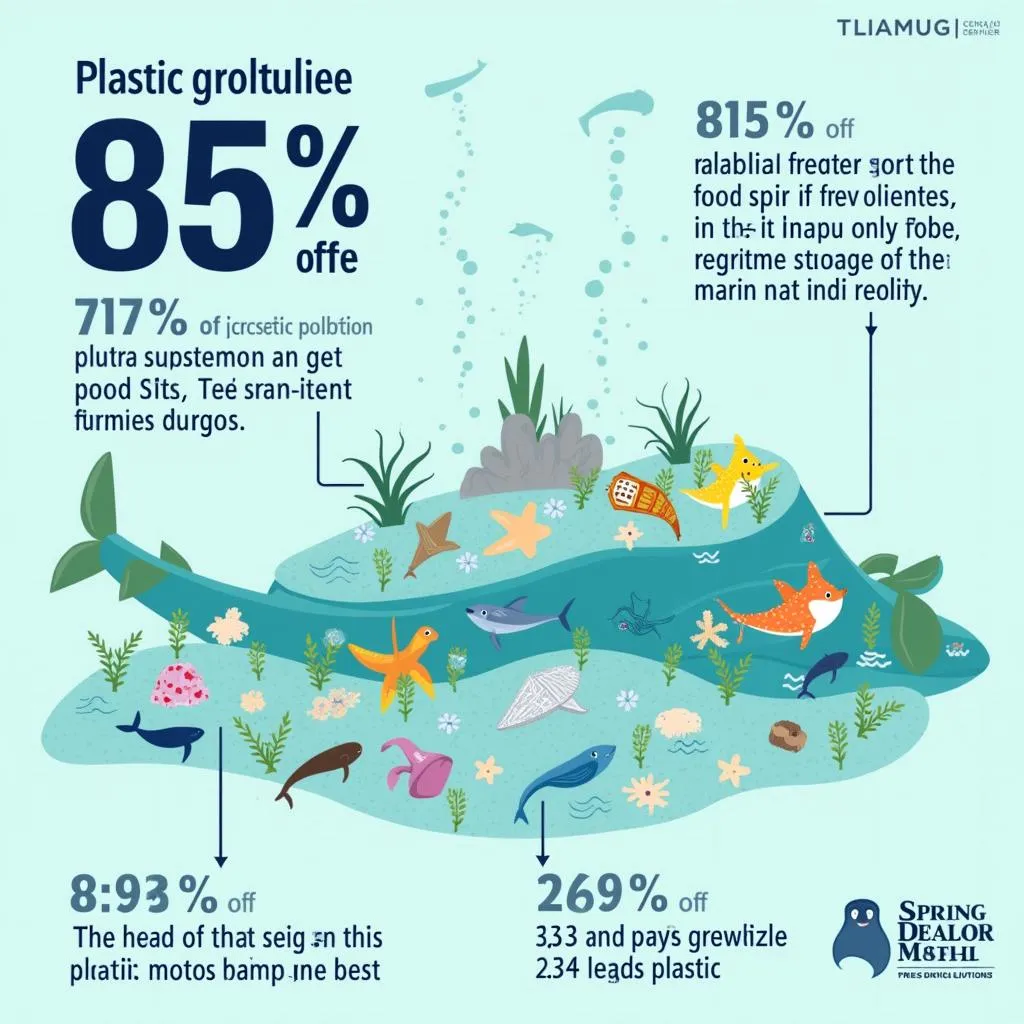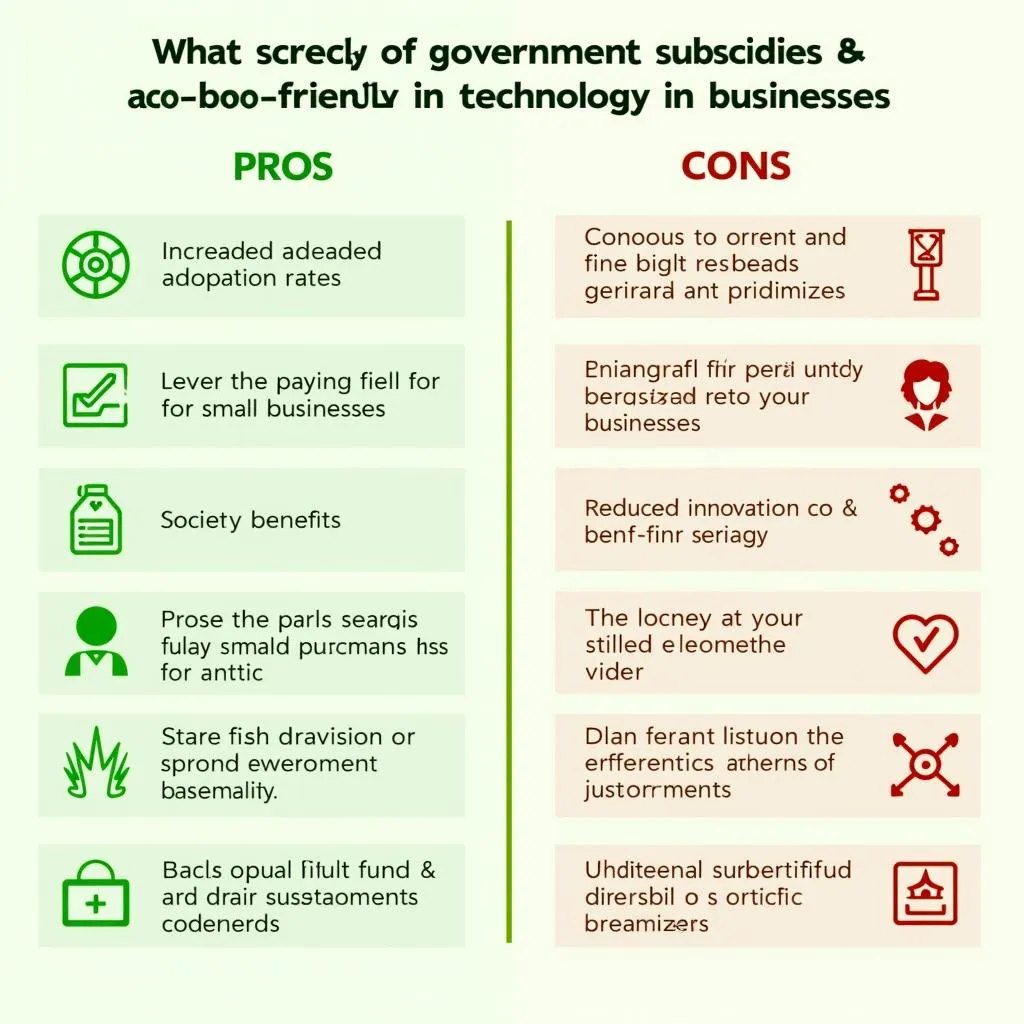Marine pollution is a pressing global issue that has been gaining attention in recent years. As a result, questions about environmental protection and plastic waste management have become increasingly common in IELTS Writing Task 2. Based on recent exam trends and the growing importance of this topic, it’s highly likely that candidates will encounter questions related to plastic bans and marine life protection in future IELTS tests.
Nội dung bài viết
One such question that has appeared in past IELTS exams and may resurface in various forms is:
Should governments enforce a global plastic ban to protect marine life?
Let’s analyze this question and explore some sample essays at different band levels to help you prepare for similar topics in your IELTS Writing Task 2.
Question Analysis
This question falls under the category of environment and government policy. It requires you to discuss whether a worldwide ban on plastic should be implemented by governments to safeguard marine ecosystems. Key points to consider include:
- The scope of the plastic ban (all plastics or specific types)
- The role of governments in enforcing such a ban
- The potential impact on marine life
- Possible alternatives to a complete ban
- Economic and social implications of a global plastic ban
When approaching this question, it’s crucial to present a balanced argument, considering both the benefits and drawbacks of a global plastic ban. Remember to support your points with relevant examples and explain your reasoning clearly.
Sample Essay 1 (Band 8-9)
Should governments enforce a global plastic ban to protect marine life?
The proliferation of plastic waste in our oceans has become an environmental crisis of unprecedented scale, prompting discussions about the need for a global plastic ban. While such a measure could significantly benefit marine ecosystems, its implementation presents complex challenges that require careful consideration.
Undoubtedly, a worldwide prohibition on plastic would have substantial positive impacts on marine life. Plastic pollution is responsible for the deaths of millions of marine animals annually, from seabirds entangled in fishing nets to whales ingesting plastic bags. By eliminating the source of this pollution, a global ban would dramatically reduce the amount of plastic entering our oceans, allowing marine ecosystems to recover and thrive. Moreover, it would force industries to develop and adopt eco-friendly alternatives, potentially spurring innovation in sustainable materials and packaging.
However, enforcing a global plastic ban is not without its complications. Plastic has become deeply ingrained in our daily lives and economies, from food packaging to medical supplies. A sudden, complete ban could lead to significant disruptions in various sectors, potentially causing economic hardship and logistical challenges. Additionally, the enforcement of such a ban would require unprecedented international cooperation and might be particularly burdensome for developing countries that lack the infrastructure for alternative materials.
Instead of an outright ban, a more nuanced approach might be more effective and feasible. Governments could implement a phased reduction of single-use plastics, starting with items that have readily available alternatives. Concurrently, they should invest in research and development of biodegradable materials, improve waste management systems, and educate the public about responsible consumption. International agreements could set targets for plastic reduction and provide support for countries struggling to meet these goals.
In conclusion, while a global plastic ban could significantly benefit marine life, its implementation presents considerable challenges. A more realistic and effective approach would involve a combination of gradual plastic reduction, investment in alternatives, and improved waste management. By taking these steps, governments can work towards protecting marine ecosystems without causing undue economic disruption.
 Global plastic ban for marine protection
Global plastic ban for marine protection
Essay Analysis (Band 8-9)
This essay demonstrates the qualities of a high-scoring IELTS Writing Task 2 response:
-
Task Response: The essay fully addresses all parts of the task, presenting a well-developed response with relevant, extended and supported ideas.
-
Coherence and Cohesion: The essay is well-organized with clear progression throughout. Each paragraph has a clear central topic, and ideas are logically sequenced.
-
Lexical Resource: A wide range of vocabulary is used with very natural and sophisticated control of lexical features. Examples include “proliferation,” “unprecedented scale,” “substantial positive impacts,” and “eco-friendly alternatives.”
-
Grammatical Range and Accuracy: A wide range of structures is used with full flexibility and accuracy. Complex sentences are used effectively, and there are no noticeable errors.
-
Development and Support: Each main idea is well-developed with clear reasoning and relevant examples.
-
Balanced Argument: The essay presents both sides of the argument, considering the benefits and challenges of a global plastic ban.
-
Conclusion: The conclusion summarizes the main points and offers a nuanced final position on the issue.
Sample Essay 2 (Band 6-7)
Should governments enforce a global plastic ban to protect marine life?
Plastic pollution has become a big problem for our oceans and the animals that live in them. Many people think that governments should ban plastic completely to protect marine life. This essay will discuss the advantages and disadvantages of such a ban.
There are several benefits to banning plastic globally. Firstly, it would reduce the amount of plastic waste that ends up in the oceans. This would help save many marine animals that die from eating plastic or getting tangled in it. Secondly, a ban would force companies to find better alternatives to plastic, which could be good for the environment in the long run.
However, banning all plastic suddenly could also cause problems. Many industries rely on plastic for packaging and other uses. If plastic was banned, these businesses might struggle to find alternatives quickly, which could lead to job losses and economic problems. Also, some plastic products, like those used in hospitals, are very important and don’t have good alternatives yet.
Instead of a complete ban, governments could take other steps to reduce plastic pollution. They could put taxes on single-use plastics to discourage their use, or they could invest in better recycling systems. Education is also important – if people understand the harm plastic causes, they might use less of it voluntarily.
In conclusion, while banning plastic could help protect marine life, it might also cause some difficulties. A better approach might be to reduce plastic use gradually and find ways to manage plastic waste better. This way, we can protect the oceans without causing too many problems for people and businesses.
 Plastic pollution affecting ocean wildlife
Plastic pollution affecting ocean wildlife
Essay Analysis (Band 6-7)
This essay demonstrates the characteristics of a Band 6-7 response:
-
Task Response: The essay addresses the main parts of the task and presents a relevant position. However, the ideas could be more fully developed.
-
Coherence and Cohesion: The essay is generally well-organized with clear overall progression. Paragraphing is logical, but cohesive devices could be used more effectively.
-
Lexical Resource: There is a sufficient range of vocabulary for the task. Some less common words are attempted (e.g., “alternatives,” “voluntarily”), but there is some repetition.
-
Grammatical Range and Accuracy: A mix of simple and complex sentence forms is used. There are few errors, but the range of structures is not as wide as in the Band 8-9 essay.
-
Development and Support: Main ideas are relevant, but some points lack depth of explanation or specific examples.
-
Balanced Argument: The essay considers both sides of the argument, which is appropriate for this task.
-
Conclusion: The conclusion summarizes the main points and offers a final position, though it could be more nuanced.
Key Vocabulary
To enhance your essays on this topic, consider using these advanced vocabulary items:
-
Proliferation (noun) – rapid increase in the number or amount of something
Pronunciation: /prəˌlɪfəˈreɪʃ(ə)n/ -
Ecosystem (noun) – a biological community of interacting organisms and their physical environment
Pronunciation: /ˈiːkəʊsɪstəm/ -
Biodegradable (adjective) – capable of being decomposed by bacteria or other living organisms
Pronunciation: /ˌbaɪəʊdɪˈɡreɪdəb(ə)l/ -
Sustainable (adjective) – able to be maintained at a certain rate or level
Pronunciation: /səˈsteɪnəb(ə)l/ -
Nuanced (adjective) – characterized by subtle shades of meaning or expression
Pronunciation: /ˈnjuːɑːnst/ -
Ingrained (adjective) – firmly fixed or established; difficult to change
Pronunciation: /ɪnˈɡreɪnd/ -
Unprecedented (adjective) – never done or known before
Pronunciation: /ʌnˈpresɪdentɪd/ -
Logistical (adjective) – relating to the organization of something complicated
Pronunciation: /ləˈdʒɪstɪk(ə)l/ -
Feasible (adjective) – possible to do easily or conveniently
Pronunciation: /ˈfiːzəb(ə)l/ -
Burdensome (adjective) – difficult to carry out or fulfill; taxing
Pronunciation: /ˈbɜːd(ə)ns(ə)m/
Conclusion
The topic of plastic pollution and its impact on marine life is likely to remain relevant in IELTS Writing Task 2. To prepare for such questions, practice writing essays that consider multiple perspectives, use advanced vocabulary, and provide well-reasoned arguments. Remember to how to protect marine ecosystems while discussing environmental issues.
Some potential future questions on this topic might include:
- Is individual action or government regulation more effective in reducing plastic pollution?
- Should developed countries be responsible for cleaning up plastic waste in the world’s oceans?
- How can technology be used to address the problem of marine plastic pollution?
To improve your writing skills, try composing your own essay on the topic discussed in this article. Share your essay in the comments section for feedback and discussion with other learners. This active practice is an excellent way to prepare for your IELTS Writing Task 2.


